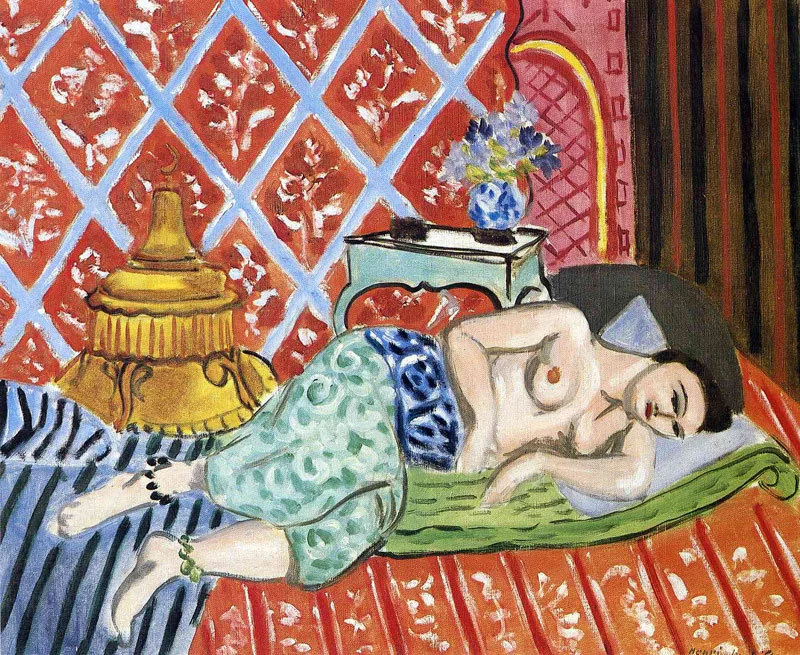Weight Gain as an Act of Self-preservation
Body dysmorphia is a vicious right of passage for the average teenage girl. This warped sense of self does not discriminate based on age, physical location, or after school activity. As young girls we are conditioned to see endless flaws in our figures. Our distorted perception of ourselves carries into adulthood. Symptoms include disordered eating habits, crippling insecurity, and fear. For me, the discomfort of my teenage years was exacerbated in my weekly ballet classes. I always had the heart of a dancer, and the natural ability of a performer, but my afro-latina roots had my turn out turning in and body parts expanding where everyone else’s were contracting. But I was also lucky: I had a family who loved and assured me of my beauty as though it were the most natural thing in the world. I was active, lively, and adventurous. And while the voices of body dysmorphia were there, other voices of love were louder. So, by the time of graduation, my insecurities about my body didn’t dampen my excitement to take on the next phase of life.
While my protections against the dreaded “freshman 15” stayed strong in those first few months, my defenses were low in other areas of my life. Most specifically, in love. And I fell. I fell furiously into a toxic and ultimately destructive relationship. The relationship ended and I joined the ranks of one in four college women who are sexually assaulted by their partner. In the months that followed, I was utterly lost. I lived somewhere at the crossroads of heartbreak and violation. The pain dimmed the light from my eyes and stole the air from my lungs. I held the story and the shame close to my heart.
This shame lived inside of me and grew bigger every day and began feeding on my childhood insecurities. Where my body dysmorphia was once the small voice in the back of my head, it became the loudest. I collected 30 pounds of excess weight that wrapped around my body in an unwanted coating. The sheer embarrassment I felt pushed me into an increasingly active lifestyle. I added vigorous, high intensity cross training to my daily and weekly routine. I walked everywhere. I cleaned up my eating habits. And aside from losing 5 pounds or so, nothing changed. My frustration mounted, the nagging voice of doubt and dysmorphic thinking now amplified to 20 times what it was when I was fifteen. How could I not be doing anything to make this better? What was wrong with me? How was this still not enough? It felt entirely hopeless. It seemed like I would never be happy within my body, and I resigned myself to a lifetime of discontent within my own skin. I had totally given up--or so I thought.
About 8 months ago, something changed. I started looking inward, I started excavating. Instead of shoving my pain and shame deeper, I began excavating these hurts and moving them to the pages of journals, the ears of friends, the softly dimmed rooms of a therapist's office. The release sped up like wildfire and suddenly everything was out. Everything I had been so afraid to look at or deal with was staring my in the face. And some things I didn’t even know were there. One of which took my breath away. Deep among those internal cobwebs, I found a subconscious association that took my breath away: When I was thin, I was sexually assaulted. Therefore, my thinness caused my assault. In order to avoid future assault, I can not be thin.
It still takes my breath away. The vicious right of passage that had characterized my girlhood--the blaming of my body, the hatred for my body, had been internalized and warped into this association that lived in the recesses of my psyche. In this moment of painful clarity, I understood, finally, how deeply I was hurting. I understood, finally, why it felt like my body was so out of control. I understood, finally, that it wasn’t my fault. And finally, finally, I could begin to restructure the framework of my internal narrative.
Now, it goes something like this::
My sexual assault had nothing to due with the size of my body. And the subsequent weight gain wasn’t due to my lackadaisical nature, irresponsibility, or personal failure. It was a subconscious act of self preservation. And now that I know this, I can let it go. I was beautifully and wonderfully made. And I can beautifully and wonderfully let go of this pain. This requires continued work. It’s a process full of imperfect actions, life-altering discoveries, and forgiveness. Daily, I choose to pull out more injured pieces within my soul so they may heal. It hurts like hell. But I breathe differently now. I’m learning to live lightly now.
Excavation is painful, but excavation is powerful. How terribly wonderful it is to understand the depths of your pain and the breadth of your power.
I will move on. I will survive. I will thrive.
Resources that can assist you in moving on
One in Four



